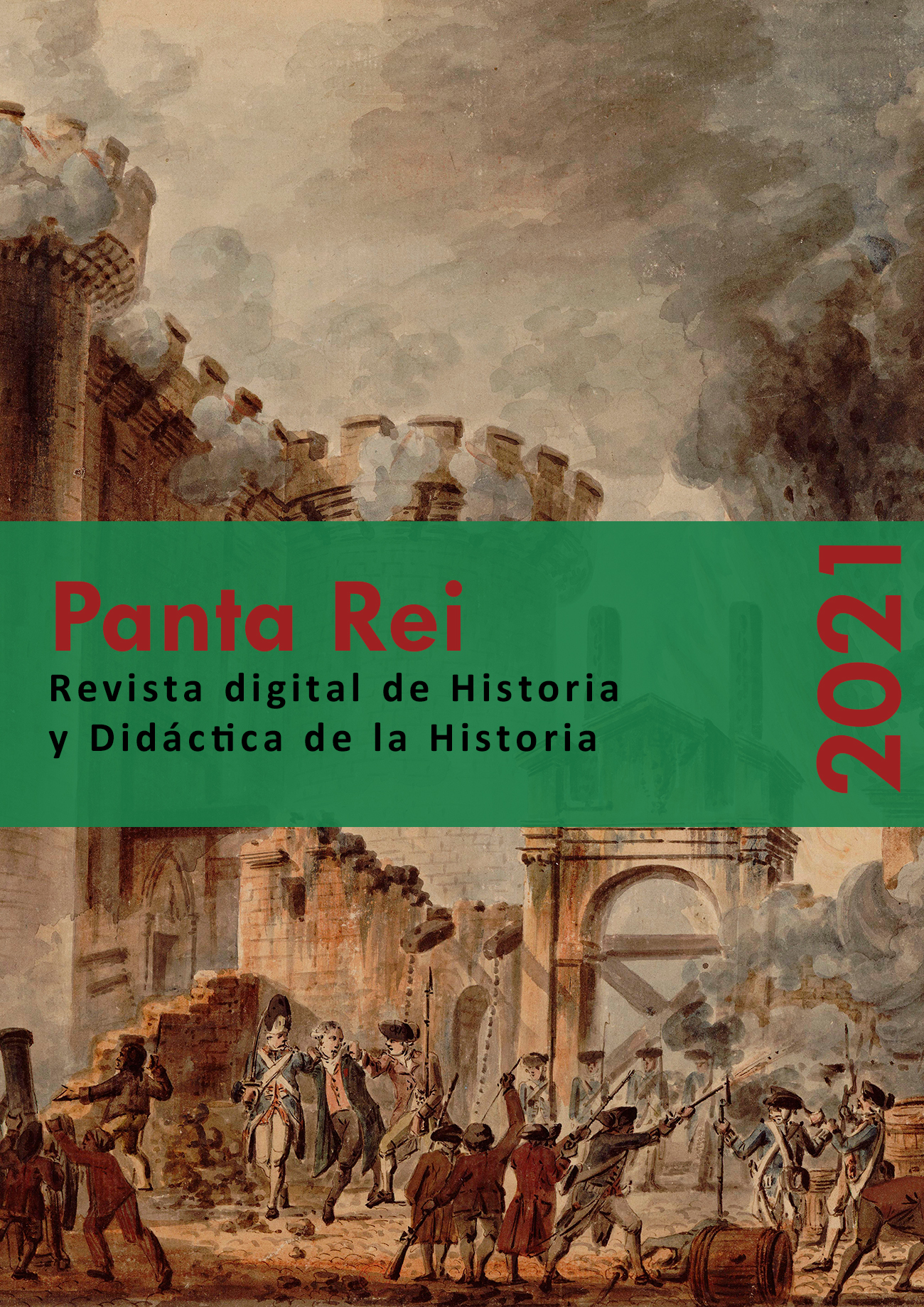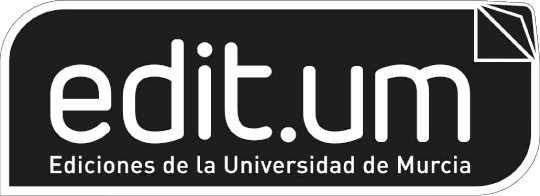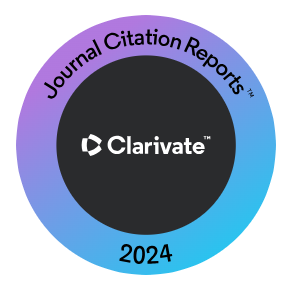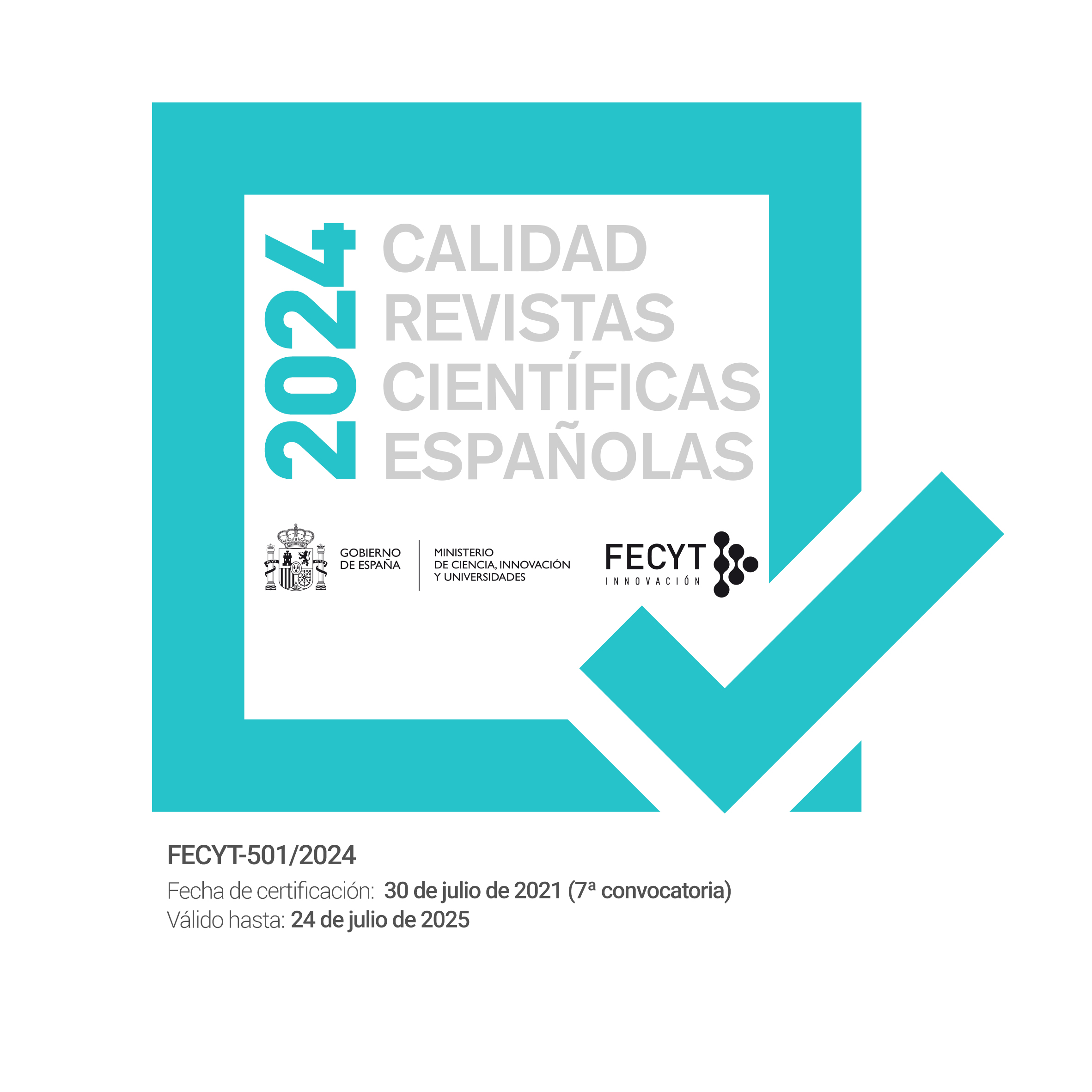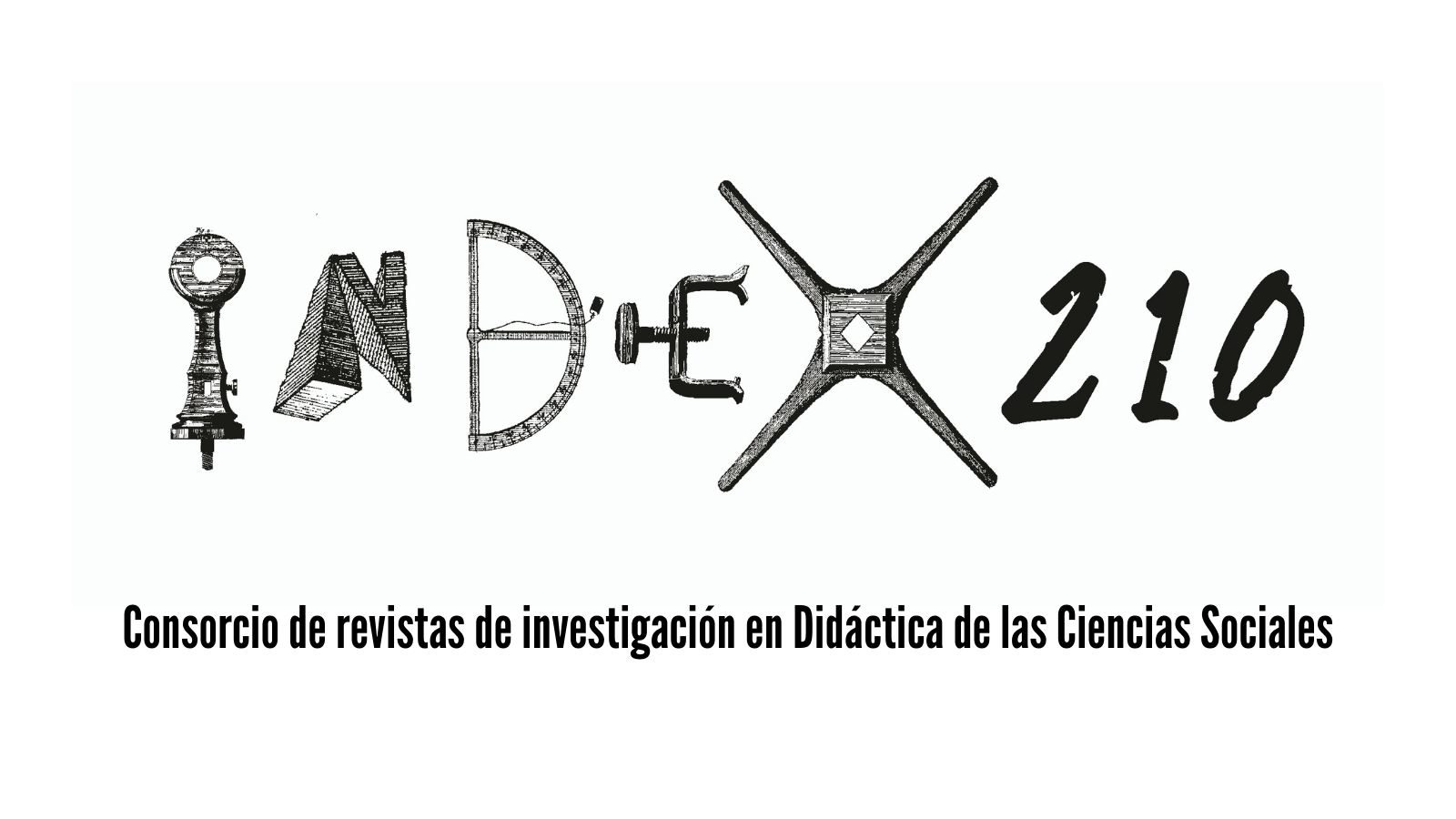Concepciones de los alumnos sobre la relevancia histórica de la Revolución Francesa
Resumen
Este estudio presenta las percepciones de los estudiantes sobre las consecuencias y la relevancia histórica de la Revolución Francesa. Se recogieron datos de alumnos suizos-alemanes de noveno grado (de 15 a 16 años; N=22) mediante discusiones de grupo y entrevistas centradas en problemas. Los datos se analizaron mediante un método cualitativo reconstructivo. El pensamiento histórico de los alumnos está dominado por la creencia en el progreso y el presentismo. Los jóvenes se ven envueltos en la historia de la Revolución Francesa, que tiene una relevancia y significado simbólico y presente-futuro (Cercadillo). Así, construyen la relevancia histórica de forma ejemplar (Rüsen). Estos patrones explicativos están anclados en las ideas cotidianas y no en una comprensión científica. Una consecuencia de esto es que los profesores deben modelar cognitivamente el pensamiento mostrando cómo los historiadores narran la relevancia histórica de la Revolución Francesa, haciendo explícito este concepto de segundo orden y ofreciéndoles la oportunidad de conocer y analizar diferentes tipos de narrativa (Rüsen).
Descargas
-
Resumen1706
-
PDF 833
-
EPUB 646
Citas
Barton, K. C. (2008). Research on Students’ Idea about History. In L. S. Levstik & C. A. Tyson (Eds.), Handbook of Research in Social Studies Education (pp. 239–258). Taylor & Francis.
Bohnsack, R. (2010). Documentary Method and Group Discussions. In R. Bohnsack, N. Pfaff, & W. Weller (Eds.), Qualitative Analysis and Documentary Method in International Educational Research (pp. 99–124). Verlag Barbara Budrich.
Borries, B. von. (2011). Historical consciousness and historical learning: Some results of my own empirical research. In L. Perikleous & D. Shemilt (Eds.), The future of the past: Why history education matters (pp. 283–321). Kailas. Retrieved from https://www.academia.edu/1489447/Perikleous_L._and_Shemilt_D._eds_2011_The_future_of_the_past_Why_history_education_matters_Nicosia_AHDR
Cercadillo, L. (2000). Significance in History: Students’ Ideas in England and Spain (PhD Degree in Education, University of London, IoE). University of London, IoE. Retrieved from https://discovery.ucl.ac.uk/id/eprint/10006632/1/326146.pdf
Chapman, A., & Georgiou, M. (2021). Powerful knowledge building and conceptual change research: Learning from research on “historical accounts” in England and Cyprus. In A. Chapman (Ed.), Knowing History in Schools. Powerful knowledge and the powers of knowledge (pp. 72–96). UCL Press. https://doi.org/10.14324/111.9781787357303
Collins, A., Brown, J. S., & Newman, S. E. (1989). Cognitive Apprenticeship: Teaching the Crafts of Reading, Writing, and Mathematics. In L. B. Resnick (Ed.), Knowing, learning, and instruction. Essays in honor of Robert Glaser (pp. 453–494). Routledge.
Danto, A. C. (1980). Analytische Philosophie der Geschichte (Erste Auflage). Frankfurt aM: Suhrkamp.
Duit, R., Gropengießer, H., Kattmann, U., Komorek, M., & Parchmann, I. (2012). The Model of Educational Reconstruction – a Framework for Improving Teaching and Learning Science1. In D. Jorde & J. Dillon (Eds.), Science Education Research and Practice in Europe (pp. 13–37). Rotterdam: SensePublishers. https://doi.org/10.1007/978-94-6091-900-8_2
Engels, J. I. (2003). Kontinuitäten, Brüche, Traditionen. Die Französische Revolution von 1789. In K. E. Müller (Ed.), Historische Wendeprozesse: Ideen, die Geschichte machten (pp. 204–230). Freiburg: Herder.
Fuchs, R.-P., & Onken, B. (Eds.). (2020). Die Französische Revolution: Geschichte - Erinnerung - Unterricht. Frankfurt am Main: Wochenschau Verlag.
Gautschi, P. (2015). Guter Geschichtsunterricht: Grundlagen, Erkenntnisse, Hinweise. SchwalbachTs: Wochenschau Verlag.
Gautschi, P., Moser, D. V., Reusser, K., & Wiher, P. (Eds.). (2007). Geschichtsunterricht heute: Eine empirische Analyse ausgewählter Aspekte. Bern: hep.
Goertz, H.-J. (2007). Geschichte—Erfahrung und Wissenschaft. Zugänge zum historischen Erkenntnisprozess. In H.-J. Goertz (Ed.), Geschichte: Ein Grundkurs (3., revidierte und erweiterte Auflage, pp. 19–47). Reinbek bei Hamburg: Rowohlt.
Gottlieb, E., & Wineburg, S. (2012). Between Veritas and Communitas: Epistemic Switching in the Reading of Academic and Sacred History. Journal of the Learning Sciences, 21(1), 84–129. https://doi.org/10.1080/10508406.2011.582376
Günther-Arndt, H. (2014). Historisches Lernen und Wissenserwerb. In H. Günther-Arndt & M. Zülsdorf-Kersting (Eds.), Geschichtsdidaktik. Praxishandbuch für die Sekundarstufe I und II (6., überarbeitete Neuauflage, pp. 24–49). Berlin: Cornelsen Scriptor.
Haydn, T., & Harris, R. (2010). Pupil perspectives on the purposes and benefits of studying history in high school: A view from the UK. Journal of Curriculum Studies, 42(2), 241–261. https://doi.org/10.1080/00220270903403189
Hopmann, S., & Riquarts, K. (1995). Didaktik und/oder Curriculum: Grundprobleme einer international vergleichenden Didaktik. Zeitschrift für Pädagogik. Beiheft, 33.
Horlacher, R. (2016). The educated subject and the German concept of Bildung: A comparative cultural history. New York: Routledge. http://dx.doi.org/10.4324/9781315814667
Hunt, L. (2004). Politics, culture, and class in the French Revolution (20th anniversary ed.). University of California Press.
Kölbl, C. (2004). Geschichtsbewußtsein im Jugendalter, Grundzüge einer Entwicklungspsychologie historischer Sinnbildung (1. Aufl.). Bielefeld: transcript Verlag. https://doi.org/10.14361/9783839401798
Körber, A. (2015). Historical consciousness, historical competencies – and beyond? Some conceptual development within German history didactics. pedocs. Retrieved from http://nbn-resolving.de/urn:nbn:de:0111-pedocs-108118
Körber, A., & Meyer-Hamme, J. (2015). Historical Thinking, Competencies, and Their Measurement: Challenges and Approaches. In K. Ercikan & P. Seixas (Eds.), New directions in assessing historical thinking (pp. 89–101). Routledge. https://doi.org/10.4324/9781315779539
Körber, A., Schreiber, W., & Schöner, A. (Eds.). (2007). Kompetenzen historischen Denkens: Ein Strukturmodell als Beitrag zur Kompetenzorientierung in der Geschichtsdidaktik. Neuried: Ars Una. Retrieved from http://edoc.ku-eichstaett.de/1715/1/1715_Kompetenzen_historischen_Denkens._Ein_Strukturmodell_al.pdf
Lévesque, S. (2008). Thinking historically: Educating students for the twenty-first century. University of Toronto Press.
Limón, M. (2002). Conceptual Change in History. In M. Limón & L. Mason (Eds.), Reconsidering Conceptual Change: Issues in Theory and Practice (pp. 259–289). Springer Netherlands. https://doi.org/10.1007/0-306-47637-1_14
Limón, M. (2003). The Role of Domain-Specific Knowledge in Intentional Conceptual Change. In G. M. Sinatra & P. R. Pintrich (Eds.), Intentional Conceptual Change (pp. 133–170). Routledge. https://doi.org/10.4324/9781410606716-11
Mathis, C. (2009). Schülervorstellungen zur Französischen Revolution. Ein Vergleich zwischen Schülerinnen und Schülern der 9. Klasse in der deutsch- und französischsprachigen Schweiz. In J. Hodel & B. Ziegler (Eds.), Forschungswerkstatt Geschichtsdidaktik 07. Beiträge zur Tagung „geschichtsdidaktik empirisch 07“(pp. 100–110). Hep verlag.
Mathis, C. (2015). “Irgendwie ist doch da mal jemand geköpft worden”: Didaktische Rekonstruktion der Französischen Revolution und der historischen Kategorie Wandel. Baltmannsweiler: Schneider Hohengehren.
Mathis, C. (2016). “The Revolution Is Not Over Yet”. German Speaking Ninth Graders’ Conceptions Of The French Revolution. History Education Research Journal, 14(1), 81–92. https://doi.org/info:doi/10.18546/HERJ.14.1.07
Rüsen, J. (1994). Historisches Lernen: Grundlagen und Paradigmen. Böhlau.
Rüsen, J. (2004). Historical consciousness: Narrative structure, moral function, and ontogenetic development. In P. Seixas (Ed.), Theorizing historical consciousness (pp. 63–85). Toronto: University of Toronto Press. Retrieved from http://www.joern-ruesen.de/5.089_Historical_Consciousness_2.pdf
Rüsen, J. (2005). History: Narration, Interpretation, Orientation. Berghahn Books.
Rüsen, J. (2013). Historik: Theorie der Geschichtswissenschaft. Böhlau.
Savenije, G., Boxtel, C. van, & Grever, M. (2014). Sensitive ‘Heritage’ of Slavery in a Multicultural Classroom: Pupils’ Ideas Regarding Significance. British Journal of Educational Studies, 62(2), 127–148. https://doi.org/10.1080/00071005.2014.910292
Schreiber, W., Körber, A., Borries, B. von, Krammer, R., Leutner-Ramme, S., Mebus, S., Ziegler, B. (Eds.). (2006). Historisches Denken: Ein Kompetenz-Strukturmodell (2. Aufl). Ars una. Retrieved from http://edoc.ku-eichstaett.de/1768/1/Sonderdruck_Kompetenzen.pdf
Seixas, P., & Morton, T. (2013). The big six historical thinking concepts. Nelson Education.
Seixas, P., Peck, C., & Poyntz, S. (2011). 'But we didn’t live in those times’: Canadian students negotiate past and present in a time of war. Education as Change, 15(1), 47–62. https://doi.org/10.1080/16823206.2010.543089
Stoel, G. L., van Drie, J. P., & van Boxtel, C. A. M. (2017). The effects of explicit teaching of strategies, second-order concepts, and epistemological underpinnings on students’ ability to reason causally in history. Journal of Educational Psychology, 109(3), 321–337. https://doi.org/10.1037/edu0000143
Straub, J. (1999). Handlung, Interpretation, Kritik: Grundzüge einer textwissenschaftlichen Handlungs- und Kulturpsychologie de Gruyter.
Van Boxtel, C., & van Drie, J. (2018). Historical reasoning: Conceptualizations and educational applications. In S. A. Metzger & L. M. Harris (Eds.), The Wiley international handbook of history teaching and learning (pp. 149–176). Wiley-Blackwell.
VanSledright, B., & Maggioni, L. (2016). Epistemic Cognition in History. In J. A. Greene, W. A. Sandoval, & I. Braten (Eds.), Handbook of epistemic cognition (pp. 128–146). Routledge.
Witzel, A., & Reiter, H. (2012). The problem-centred interview: Principles and practice. Sage.
Derechos de autor 2021 Christian Mathis

Esta obra está bajo una licencia internacional Creative Commons Atribución-CompartirIgual 4.0.
Todos los contenidos publicados en nuestra revista están sujetos a una licencia Atribución 4.0 Internacional (CC BY-SA 4.0) de Creative Commons. Usted es libre de compartir (copiar y redistribuir el material en cualquier medio o formato) y adaptar (remezclar, transformar y crear a partir del material para cualquier finalidad, incluso comercial), bajo los siguientes términos:
Reconocimiento: Debe reconocer adecuadamente la autoría, proporcionar un enlace a la licencia e indicar si se han realizado cambios. Puede hacerlo de cualquier manera razonable, pero no de una manera que sugiera que tiene el apoyo del licenciador o lo recibe por el uso que hace.
CompartirIgual: Si remezcla, transforma o crea a partir del material, deberá difundir sus contribuciones bajo la misma licencia que el original.
El texto completo de la licencia se puede consultar en: Licencia Creative Commons


